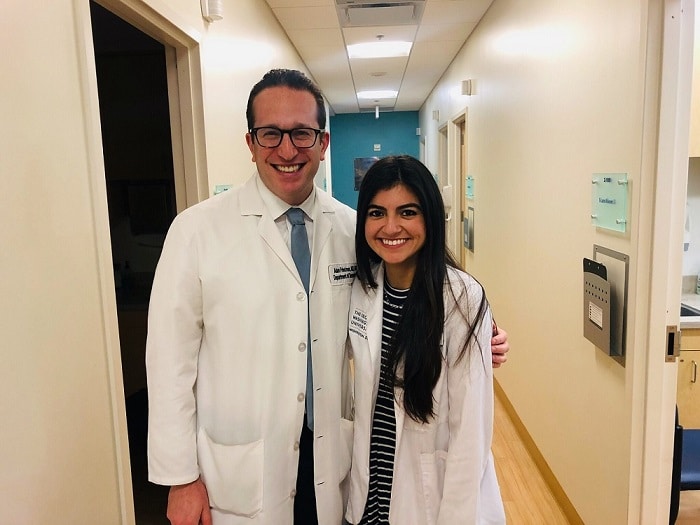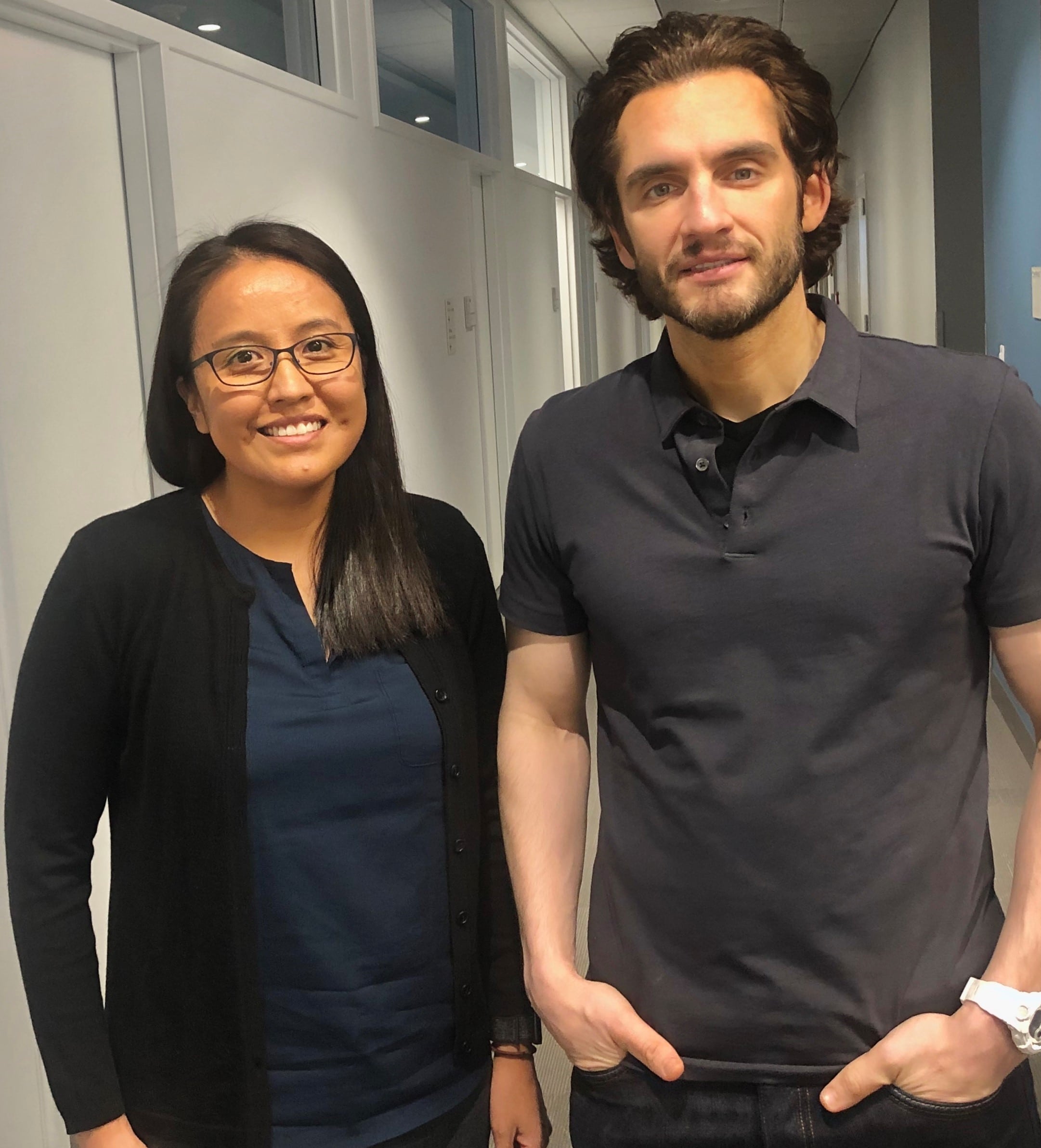Medical Student Research Supplement Award
Enhancing Medical Student Research Participation in Dermatology
The Dermatology Foundation is pleased to once again offer an award developed to enhance medical student research participation in the field of dermatology and the specialty’s academic workforce — the Medical Student Research Supplement Award (MSRSA). The MSRSA is available to current and recent recipients of DF career development awards to supplement their current efforts on existing research projects. Each award is to be used to support the in-depth participation of a full-time medical student who may be a member of the following groups, but not limited to:
- Racial and ethnic minorities
- Sexual and gender minorities
- Underserved/disadvantaged populations
The funded project enables completion of a defined full-time research plan spanning 6-12 weeks.
Applications for our spring-summer cycle are now being accepted. The deadline for submission is midnight on July 15. Submissions for our fall cycle will close on November 1, 2025.


Interested Medical Students Can Take the First Step
2025 Opportunity List Available Later This Year
The MSRSA supports a partnership between a former DF award recipient and an eligible medical student. Medical students can take the first step by contacting an investigator on the Opportunity List.
The individuals on the Opportunity List are former DF award recipients and current dermatology faculty members who have provided a 6-12-week research opportunity.
Medical students may contact dfrap@dermatologyfoundation.org for the email addresses for these individuals. Please note, eligible former DF awardees may apply for the MSRSA regardless of whether they provided a project for this list.
What is the Medical Student Research Supplement Award?
The Medical Student Research Supplement Award provides $5,000 for direct expenses associated with the participation of an eligible medical student in a research project. Expenses may include but are not limited to travel, lodging, and a salary stipend for the student. Award funds may not be used for indirect expenses and are payable to the applicant’s institution.
Award payments will be made in two installments.
- An initial payment of $4,000 is made to the recipient’s institution at the start of the award period.
- The remaining $1,000 is payable upon receipt of the medical student’s summary of their research experience following the end of the award period, and the institution’s financial reconciliation.
Am I eligible?
If you meet all of the requirements below, you may be eligible to apply for the MSRSA.
a. The Medical Student Research Supplement Award is available to a current or former DF career development awardee who meets the following two requirements:
• Is a current career development awardee OR is the recipient of a year 1 career development award that was awarded in 2010 or later.
AND
• Is a faculty member in a department of dermatology that is ACGME-approved for residency training.
b. Applicants are responsible for recruiting an interested medical student who meets all the following eligibility requirements:
• Is pursuing an MD or DO degree at an accredited U.S. medical/osteopathic school.
• Is in good standing at their academic institution.
• Will be able to complete the research plan PRIOR to graduation.
How do I apply for a Medical Student Research Supplement Award?
The project mentor should apply for a Medical Student Research Supplement Award and is responsible for recruiting an eligible medical student. The Applicant Instructions will help guide the process. Applications are now accepted twice a year. Our spring-summer cycle applications are due July 15. Our fall cycle will close on November 1, 2025.
Please use the application instructions below to confirm your eligibility and submit your application.

Questions?
Should you have any questions regarding the Medical Student Research Supplement Award, please contact the Dermatology Foundation staff at dfrap@dermatologyfoundation.org or 847-328-2256.

